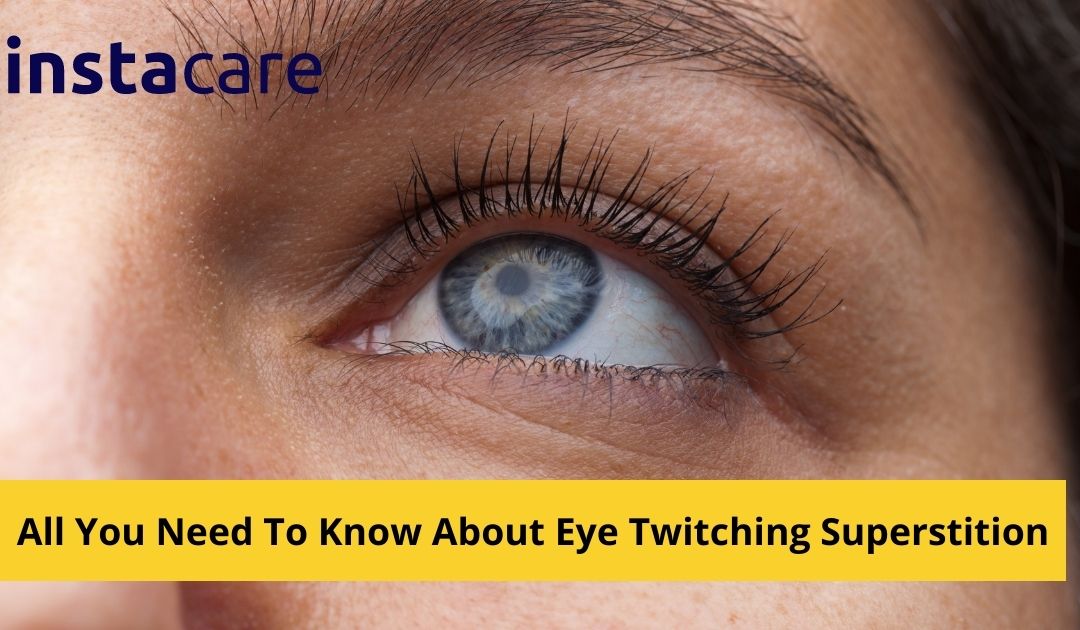
There are three main types of Eye Twitching. The most common is called Eyelid Myokymia and feels like a part of your eyelid is gently jiggling. It is normal and often goes away on its own, but it can be very annoying. To identify the underlying cause of this disorder, you should consult a doctor. There are other causes of this condition, too. Read on to learn about the different types of Eye Twitching and how to deal with it.
Some people have an underlying medical condition. This can lead to a variety of symptoms, including eyelid twitching. For example, those who have a neurodegenerative disease may experience spasms of their eyelids. Other symptoms include tremors and difficulty moving around. If eyelid twitching is frequent and bothersome, it may be indicative of an underlying medical condition. If it is caused by stress, caffeine, or bright light, it may be a sign of a serious underlying condition.
The most effective way to treat Eye Twitching is to find a cause. This type of disorder isn’t contagious, but it can be uncomfortable and frustrating. The causes and treatments of this condition are not clear yet. But there are a few things you can try to reduce the occurrence of your twitching. For instance, rose water is a natural and harmless cleanser. Applying it to the affected eye will help to relax your eye muscles.
There are three main types of Eye Twitching. Learn what causes your particular symptom, and then seek treatment. Some natural treatments are available for this condition and are recommended by medical professionals. If you are suffering from a persistent case, it is best to consult with a doctor. You can try eyedrops or water compresses to help reduce your symptoms. Once you have determined the cause of your twitching, you can try the above mentioned methods to get rid of it.
Benign Essential Blepharospasm is a type of eyelid twitching. This condition is caused by an uncontrollable muscle contraction. The eyelid twitching will last for a few seconds and can even affect your vision. A few causes of eyelid twitching are listed below. You can also try eating foods rich in magnesium. Besides banana, potatoes have a cooling effect that will help relax the muscles in your eye.
If you suffer from a mild case of eye twitching, try alternating hot and cold water. This will help you to reduce the number of spasms by increasing the blood flow to your eyes. Alternatively, you can apply a warm compress to the eye several times a day to relieve eye twitching. You may want to consult a doctor if the spasm is causing you undue pain.

Fortunately, most eye twitches are harmless and self-limiting. If you’re suffering from a severe case, however, you should consult an eye doctor. He will prescribe a medication or botulinum toxin injections to relax and weaken the muscles beneath the skin. The side effects of these injections include temporary bruising at the injection sites and double vision. You should also be careful with alcohol and caffeine.
Another way to cure eye twitching is to drink water. A few glasses of water a day can help relieve the condition. In addition to drinking water, you can also apply a rose water compress to the affected area. This method will relax the muscles of the eyelids and stop pulling them. Although eye twitching is not a disease, it can be a symptom of other health problems.
Among the most common causes of eye twitching, the cause can be inflammation and dryness of the eyes. Inflammation and stroke can damage the brain. Inflammation can also affect the nervous system and cause eye twitching. Certain mental health medications may be the culprit. Fortunately, these symptoms are often harmless. The health website https://www.yomeapunto.com.mx/
warns that if they occur for a long time, the condition can be dangerous, affecting your vision and general well-being.
The most common form of eye twitching is myokymia, which is a mild form of the disorder. A person suffering from myokymia usually experiences mild twitches that do not involve the entire muscle, but do not cause complete eyelid closure. In some cases, twitching is a symptom of a more serious condition, such as an underlying condition.